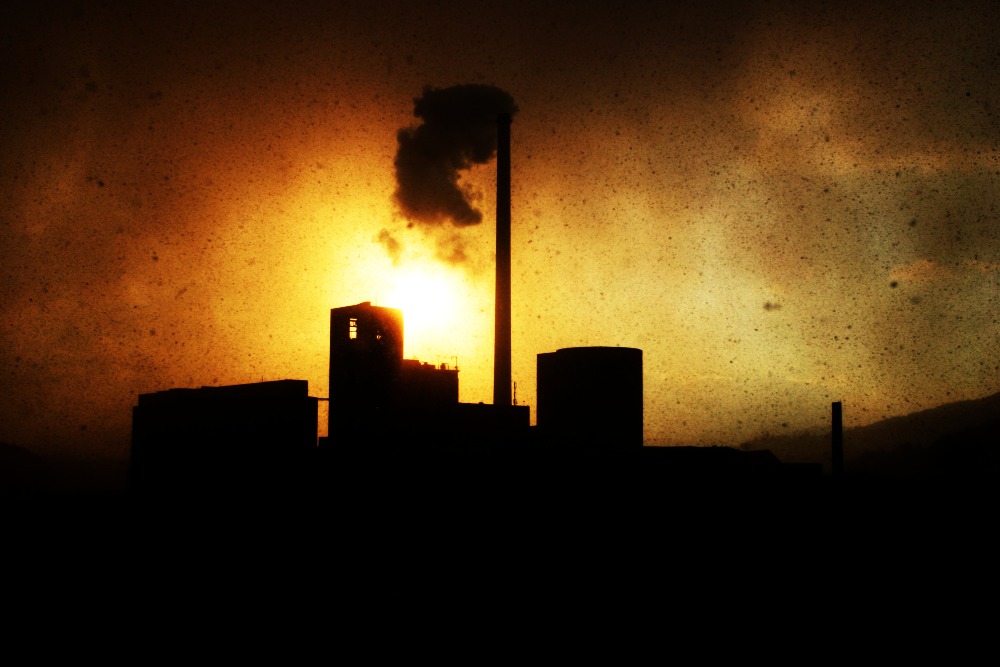
May 27, 2015
Factory Fire in The Philippines Draws Attention to Working Conditions in one of South East Asia’s Fastest Growing Economies
The South East Asian archipelago has becoming an increasingly attractive sourcing option for global brands and retailers as part of their China +1 strategy with Foxconn, for example, reported to be growing its manufacturing base into The Philippines also.
However, a fire earlier this month at Kentex Manufacturing in Manila, which killed 72 workers, highlights the dangerous working conditions sometimes found in this increasingly important sourcing hub. The 2 story building, located in a northern suburb of Manila, was gutted when sparks, flying from a welding machine, ignited flammable chemicals stored close by.
Since the factory was manufacturing for the local, Philippines, market, and not for western brands and retailers, it had not been subject to industry codes of conduct, nor third party monitoring, often a prerequisite to doing business. Certainly, a combination of better education, correct client pressure, as well third party monitoring, may have prevented this tragedy. The issues at Kentex could have been prevented through compliance with basic factory safety codes. For example, Kentex did not have a designated safety officer, responsible for the safe storage of flammable liquids, nor were there any alarms nor sprinklers at the factory. Further, workers could not find their way out of the factory safely and became trapped due to an insufficient number of fire exits and a locked door.
However, there were more fundamental problems at play, commonplace across The Philippines, which combined with these more preventable issues to cause the tragedy. Firstly, there had been a significant failure by the local government who had issued Kentex with a business permit without requiring them to produce a valid, fire safety inspection certificate. The causes for this are unclear but local corruption is an ongoing challenge in The Philippines as is the need to increase tax revenues through encouraging local businesses. Also, Kentex was reported to have been dangerously overcrowded. This, however, would have been challenging to detect during a third party audit since the factory subcontracted the majority of its workforce and therefore the necessary employee records, which would have elevated this issue, would not have been available onsite.
As this tragedy illustrates, responsible sourcing is an ongoing, complex challenge. While compliance with basic safety measures should always be met, there are often more significant issues at hand. All too often fundamental failures at local level create a social responsibility vacuum which brands and retailers are expected to fill. It is crucial then that companies sourcing from these markets are provided with complete transparency over working conditions on the ground and receive expert advice.
As part of our global network, Omega has a fully staffed office in Manila. For more information on how Omega can help your business, please do contact us.
